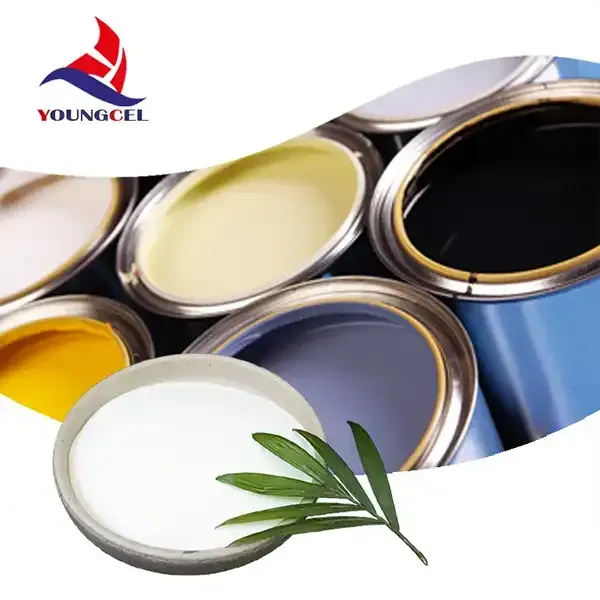Hydroxyethyl Cellulose (HEC) Properties, Applications, and Benefits
Hydroxyethyl cellulose (HEC) is a non-ionic, water-soluble polymer derived from cellulose, a natural polymer abundant in the plant cell walls. Characterized by its unique chemical structure, HEC possesses hydroxyl groups that enhance its solubility in both cold and warm water. This feature, along with its remarkable thickening, gelling, and suspending properties, makes HEC an invaluable ingredient across various industries, including pharmaceuticals, cosmetics, food, and construction.
Hydroxyethyl Cellulose (HEC) Properties, Applications, and Benefits
In the pharmaceutical industry, HEC is widely used as a binding and thickening agent in oral and topical formulations. Its ability to form viscous gels helps enhance the bioavailability of active ingredients while providing a controlled release mechanism. Moreover, HEC's non-toxic and hypoallergenic properties make it suitable for various applications, including those intended for sensitive skin. It is commonly found in lotions, creams, and ophthalmic preparations, where it serves to improve moisture retention and enhance product texture.
hydroxyethyl cellulose hec

The cosmetic industry also leverages the unique attributes of HEC. As a thickener, it contributes to the desired consistency in products such as shampoos, conditioners, and facial cleansers. Moreover, HEC serves as a stabilizer in emulsions, ensuring that oil and water phases do not separate. This quality is particularly significant in the formulation of cosmetic products, where a stable emulsion is crucial for both aesthetic appeal and efficacy. Furthermore, HEC is often used in hair styling products due to its film-forming ability, which helps provide hold and manageability without a heavy or greasy residue.
In the food industry, hydroxyethyl cellulose plays a critical role as a food additive. It serves as a thickener and stabilizer in various products, including sauces, dressings, and dairy items. HEC improves the mouthfeel and texture of these products, enhancing the overall consumer experience. It is also utilized in gluten-free baking, where it aids in providing the necessary structure and moisture retention, compensating for the absence of gluten.
The construction sector benefits from HEC as well, where it is used as an additive in cement-based formulations. HEC improves the workability and consistency of mortar and plaster mixtures, allowing for easier application and finishing. Additionally, it helps in water retention, thus preventing the cracking of surfaces during drying and ensuring the integrity of the structure.
In conclusion, hydroxyethyl cellulose is a fascinating compound with diverse applications across multiple industries. Its ability to modify viscosity, stabilize emulsions, and enhance texture makes it a sought-after ingredient in pharmaceuticals, cosmetics, food products, and construction materials. With its non-toxic, hypoallergenic, and environmentally friendly characteristics, HEC continues to be an essential component in innovation and formulation development, catering to the evolving needs of consumers and industries alike. The versatility and adaptability of HEC underscore its importance in today’s market, paving the way for further research and application possibilities in the future.
-
Rdp Powder: Key Considerations for Wholesalers in the Building Materials IndustryNewsJul.08,2025
-
Key Considerations for Wholesalers: Navigating the World of Hpmc - Based ProductsNewsJul.08,2025
-
Hpmc Detergent: Key Considerations for WholesalersNewsJul.08,2025
-
Key Considerations for Wholesalers: China Hpmc For Tile Adhesive, Coating Additives, Concrete Additives, and MoreNewsJul.08,2025
-
Crucial Considerations for Wholesalers: Navigating the World of Construction MaterialsNewsJul.08,2025
-
Key Considerations for Wholesalers Sourcing Additive For Cement, Additive For Concrete, Additive For Putty from Additive Manufacturer Shijiazhuang Gaocheng District Yongfeng Cellulose Co., Ltd.NewsJul.08,2025




